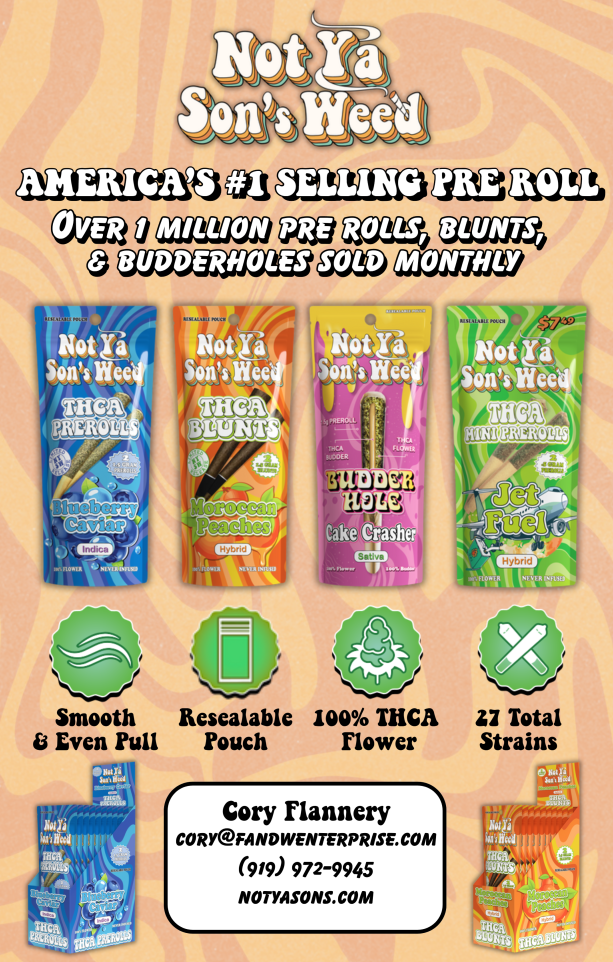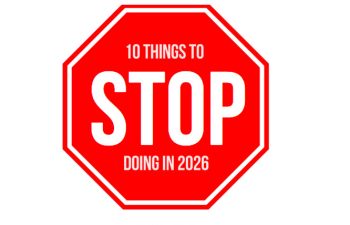The market for hemp-derived cannabinoid products has exploded since the passage of the 2018 Hemp Authorization Act, which federally legalized Cannabis sativa L. plants containing less than 0.3% delta-9 THC. While this opened doors for a vast array of new products, it also introduced a complex landscape of legality, safety concerns, and consumer confusion—particularly among those who use these products for health-related reasons.
Retailers who carry hemp-derived products such as CBD and other cannabinoids are in a unique position. They provide access to products that many consumers see as essential and navigate a legal gray area where federal and state oversight has yet to catch up with the pace of the market. Understanding the needs of your customers—especially those seeking therapeutic benefits—and how to support them responsibly is not always clear.
The Legal Landscape
The paper synthesized evidence of Cannabinoids such as CBD and THC are compounds found in the Cannabis sativa L. plant. The 2018 Hemp Authorization Act made hemp (defined as cannabis plants with less than 0.3% THC by dry weight) legal under federal law. This led to the widespread sale of hemp-derived cannabinoids, including CBD, CBG, delta-8 THC, and others, many of which had previously only been available in state-regulated medical or adult-use cannabis programs.
However, the Food and Drug Administration (FDA) has yet to issue regulations for these products, arguing that they do not meet the definitions of foodstuffs or dietary supplements. As a result, virtually no standardized safety protocols are in place—no testing for contaminants, potency, or product stability is required beyond verifying that a product contains less than 0.3% delta-9 THC.
Complicating matters further is the emergence of synthesized cannabinoids—compounds chemically altered or converted from CBD or other cannabinoids found in hemp to produce new effects. The legality of the products is being debated in the courts, while public health and healthcare professionals have expressed concerns regarding their safety profiles.
One major concern with both natural and synthesized cannabinoids is their instability over time. When exposed to heat and sunlight, cannabinoid compounds can change—sometimes leading to higher levels of THC than originally indicated. This transformation not only raises health concerns but can also have serious consequences for consumers who undergo drug testing.
Many consumers are unaware of these legal nuances and assume they are federally approved or regulated. Others are patients using these products to manage medical conditions. Often, these individuals live in states without medical cannabis programs or face barriers such as program fees, limited qualifying conditions, or social stigma. Without access to state-regulated products or medical oversight, they turn to over-the-counter hemp-derived options.
Unfortunately, some of these consumers have experienced real-world consequences—such as failing drug tests, losing jobs, or violating terms of parole—despite taking products labeled as “THC-free.”
What Retailers Can Do
As a retailer, you can take concrete steps to better serve your customers and reduce potential harm. These actions not only demonstrate responsibility but also build trust and loyalty in a rapidly evolving market:
- Keep Certificates of Analysis (CoAs) On Hand: Always request and retain third-party lab results for each batch of hemp-derived product you carry. These certificates verify THC levels and often check for contaminants such as pesticides, heavy metals, and residual solvents.
- Avoid Expired Inventory: Cannabinoids degrade over time, and expired products can be less effective—or even harmful. Routinely check inventory for expiration dates and rotate stock to ensure label accuracy.
- Store Products Properly: Cannabinoid products should be kept in a cool, dark place to prevent degradation. Avoid displaying them near windows or in areas with excessive heat.
- Educate Customers with Signage: Post clear warnings informing customers that hemp-derived products are not regulated by the FDA and may cause a positive drug test result. Transparency helps customers make informed decisions.
- Refrain from Offering Medical Advice: Unless you are a licensed medical professional, do not offer medical advice regarding cannabinoid use. Instead, encourage customers to consult with their healthcare providers.
- Provide Trusted Resources: Direct customers to credible information sources like Americans for Safe Access (ASA)’s Patient and Consumer Guide to Cannabis Safety. This guide outlines how to evaluate product quality and understand cannabinoid effects. (See the ad in this publication.)
- Stay Informed: Sign up for alerts from ASA and other industry organizations to stay updated on changes in regulation, product safety concerns, and legal developments. Sign up for ASA alerts www.safeaccessnow.org/email-updates





















